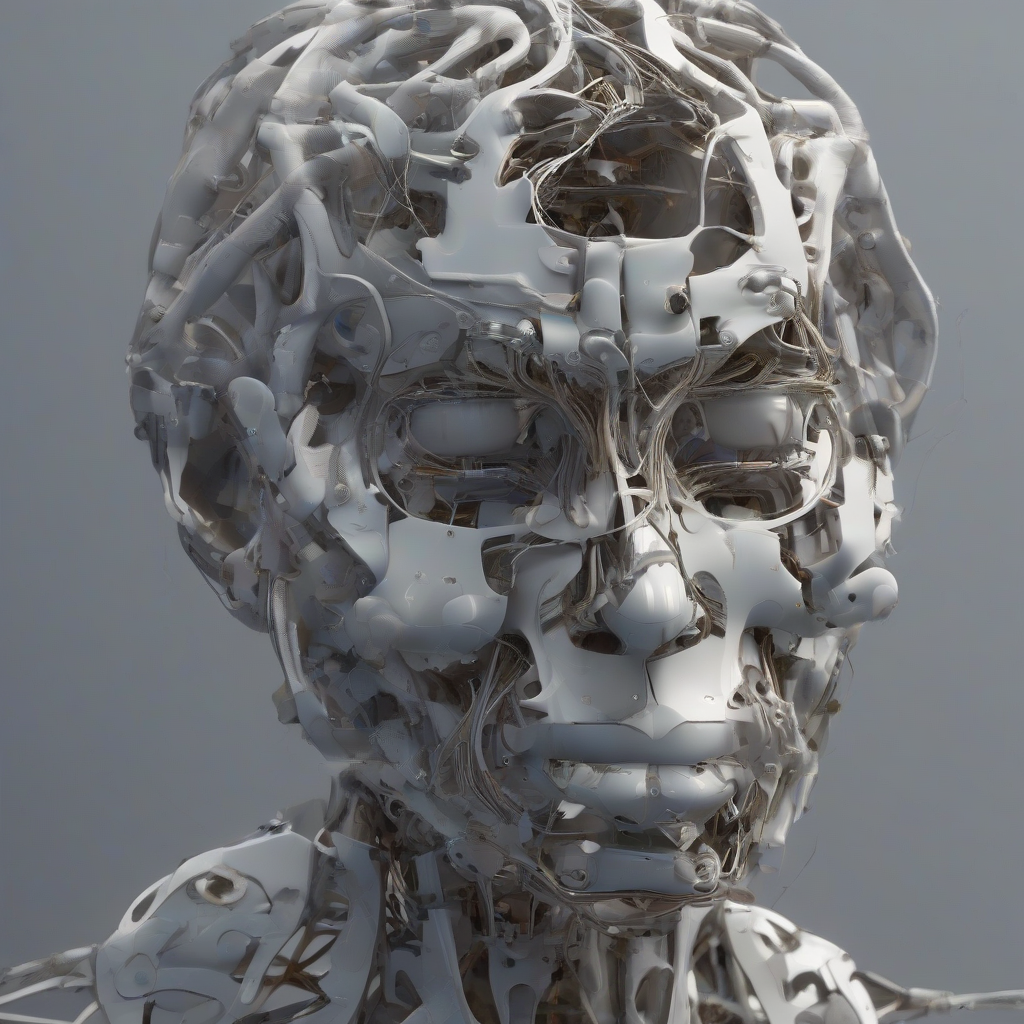WA Recovery Helpline: Your Guide to Addiction Recovery Resources
Addiction is a complex and challenging issue that affects millions of people worldwide. In Washington State, there are many resources available to help individuals struggling with addiction and their loved ones find support and treatment. One of the most valuable resources is the WA Recovery Helpline, a free, confidential service that provides 24/7 support and information to those seeking help for addiction.
What is the WA Recovery Helpline?
The WA Recovery Helpline is a statewide, toll-free phone line that connects people with addiction recovery resources and services. It’s operated by the Washington State Department of Social and Health Services (DSHS) and is staffed by trained professionals who can provide information, guidance, and support to callers.
The Helpline offers a variety of services, including:
- Information about addiction and recovery resources
- Referrals to treatment centers, support groups, and other services
- Crisis intervention and emotional support
- Answers to questions about addiction and recovery
- Information about insurance coverage for treatment
The Helpline is completely confidential, and all conversations are kept private. Callers can remain anonymous if they wish.
Who can benefit from the WA Recovery Helpline?
The WA Recovery Helpline is available to anyone struggling with addiction, including:
- Individuals with substance use disorders
- Family members and friends of those struggling with addiction
- People concerned about their own or someone else’s substance use
- Anyone seeking information about addiction and recovery
The Helpline is also available to professionals working in the field of addiction recovery.
How to use the WA Recovery Helpline
To access the WA Recovery Helpline, simply call 1-800-662-HELP (4357). The line is staffed 24 hours a day, 7 days a week. You can call from any phone, including a cell phone or a public phone.
When you call, you will be connected with a trained professional who will ask you a few questions to understand your needs. The professional will then provide you with the information or resources you need. You can also ask to be connected with a specific resource, such as a treatment center or a support group.
Why is the WA Recovery Helpline important?
The WA Recovery Helpline plays a vital role in helping individuals and families find the resources and support they need to recover from addiction. The Helpline is:
- Accessible: The Helpline is available 24/7, making it easy to access support when needed.
- Confidential: All conversations are kept private, ensuring that callers feel comfortable seeking help.
- Free: The Helpline is completely free of charge, making it accessible to everyone, regardless of their financial situation.
- Informative: The Helpline provides callers with valuable information about addiction and recovery resources.
- Supportive: The Helpline staff provides emotional support and guidance to callers.
Types of Addiction and Recovery Resources
Addiction can take many forms, and the WA Recovery Helpline offers resources for a wide range of substances and behaviors, including:
- Alcohol
- Drugs (e.g., opioids, heroin, methamphetamine, cocaine)
- Prescription medications
- Gambling
- Sex addiction
- Food addiction
- Internet addiction
- Process addictions
The Helpline can connect callers with resources specific to the type of addiction they are facing.
Types of Treatment and Support Services
The WA Recovery Helpline can connect individuals with a variety of treatment and support services, including:
- Inpatient treatment: Inpatient treatment involves living at a treatment center and receiving intensive therapy and support.
- Outpatient treatment: Outpatient treatment involves attending therapy sessions at a clinic or other facility, but living at home.
- Support groups: Support groups provide a safe and supportive environment for individuals to connect with others who are struggling with addiction.
- Therapy: Therapy can help individuals understand their addiction and develop coping mechanisms.
- Medication-assisted treatment: Medication-assisted treatment (MAT) involves using medications to help manage withdrawal symptoms and reduce cravings.
- Housing assistance: Housing assistance can help individuals who are struggling with addiction find stable housing.
- Job training and employment services: Job training and employment services can help individuals develop skills and find employment.
What to Expect When Calling the WA Recovery Helpline
When you call the WA Recovery Helpline, you can expect a friendly and confidential conversation with a trained professional. The professional will ask you a few questions to understand your needs and concerns, and then provide you with information and resources. You can expect to discuss topics such as:
- Your substance use or addictive behavior
- Your goals for recovery
- Your insurance coverage
- Your support system
- Your concerns and questions
Tips for Getting the Most Out of the WA Recovery Helpline
To maximize your experience with the WA Recovery Helpline, consider these tips:
- Be honest and open: The more information you provide, the better the professional can understand your needs and provide appropriate resources.
- Ask questions: Don’t hesitate to ask questions about anything you don’t understand. The professional is there to help you.
- Be patient: It may take some time to find the right resources for you. The professional will work with you to find the best options.
- Follow up: If you are referred to a treatment center or other resource, be sure to follow up and schedule an appointment.
Beyond the WA Recovery Helpline: Other Addiction Recovery Resources
The WA Recovery Helpline is a valuable resource, but it’s not the only one available. Here are some other resources that can provide support and guidance to those struggling with addiction and their loved ones:
- National Institute on Drug Abuse (NIDA): NIDA is a federal agency that provides information about addiction and recovery resources.
- Substance Abuse and Mental Health Services Administration (SAMHSA): SAMHSA is a federal agency that provides funding for addiction treatment and prevention programs.
- National Alliance on Mental Illness (NAMI): NAMI is a national organization that provides support and advocacy for people with mental illness and their families.
- Alcoholics Anonymous (AA): AA is a 12-step program that provides support for people struggling with alcohol addiction.
- Narcotics Anonymous (NA): NA is a 12-step program that provides support for people struggling with drug addiction.
- SMART Recovery: SMART Recovery is a self-help program that uses cognitive-behavioral therapy to help people overcome addiction.
- Local addiction treatment centers: There are many addiction treatment centers throughout Washington State. You can find a center near you by searching online or calling the WA Recovery Helpline.
- Local support groups: There are many support groups available throughout Washington State. You can find a group near you by searching online or calling the WA Recovery Helpline.
Conclusion
Addiction is a serious issue, but it’s not insurmountable. The WA Recovery Helpline and other resources are available to help individuals and families find the support and treatment they need. If you or someone you know is struggling with addiction, don’t hesitate to reach out for help. There is hope for recovery, and you don’t have to go through it alone.








